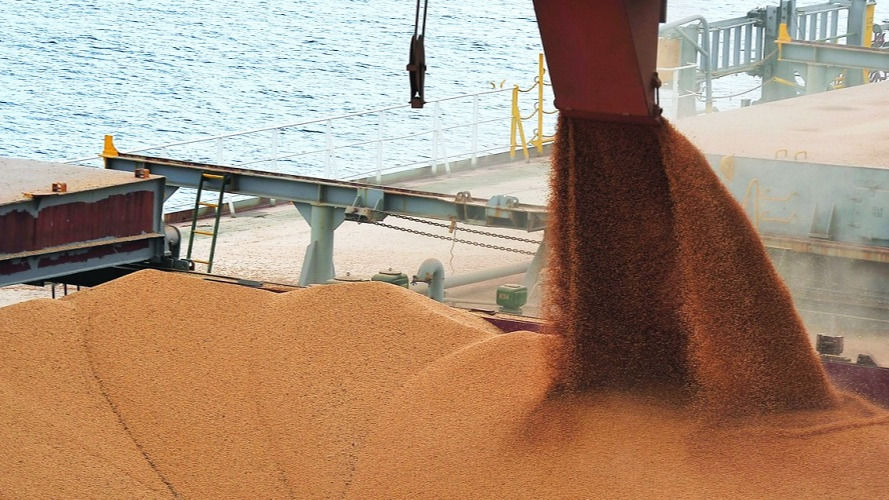The Importance of International Commercial Terms in Global Logistics
- Ipasai News

- Apr 17, 2024
- 2 min read

The so-called Incoterms (International Commercial Terms) play a crucial role in the structure of international purchase and sale contracts, clearly establishing the rights and obligations of both the exporter and the importer. They provide a standardized set of definitions, determining neutral rules and practices for international transactions, including issues such as the delivery of goods, responsibility for freight, and insurance contracting.
These terms not only facilitate but also promote harmony in international business, providing a solid foundation for fair and transparent commercial transactions. Instead of imposing, Incoterms propose a mutual understanding between seller and buyer, outlining the necessary responsibilities for transporting the goods from the point of origin to the final destination.

Among the most used Incoterms, the following stand out:
EXW – Ex Works – At Origin (named place of delivery): The seller makes the goods available at a specified location, with the buyer responsible for transportation to the final destination, including costs related to customs clearance.
FOB – Free On Board – Free Aboard (named port of shipment): The seller is responsible for the goods until they are loaded onto the vessel, with the buyer responsible for costs and risks after shipment.
CFR – Cost And Freight – Cost and Freight (named port of destination): The seller pays the costs of transportation to the destination port, while the buyer assumes risks from the time of shipment.
DAP – Delivered at Place – Delivered at named place: The seller is responsible for all risks until the delivery of the goods at the designated location, including transportation, insurance, and customs clearance costs.
These Incoterms provide clear guidelines for the parties involved, ensuring mutual understanding of responsibilities and contributing to efficient and secure global logistics.






Comments